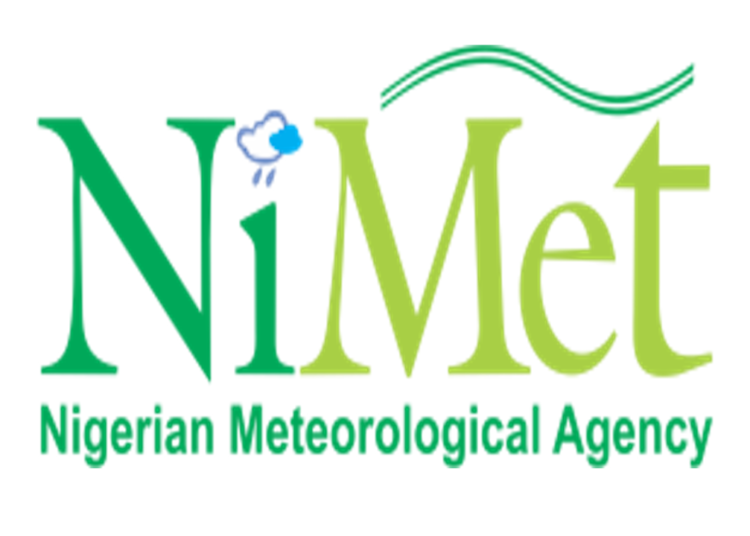The Nigerian Meteorological Agency (NiMet), has signed a memorandum of understanding (MoU), with the Trans-African Hydro-Meteorological Observatory (TAHMO), a non-governmental agency, to expand NiMet’s network of weather stations across Nigeria.
The director general, chief executive officer of NiMet and Nigeria’s permanent representative with World Meteorological Organization (WMO), Professor Charles Anosike, while signing for NiMet, said,
“On behalf of NiMet, I am proud to be associated with the TAHMO project. NiMet wishes to further the engagement by extending it to the marine sector as well”.
Els Veenjoven and Prof. Ahmed Balogun signed on behalf of the TAHMO project.
Meanwhile, NiMet and the Federal Ministry of Agriculture and Food Security have also moved to strengthen their existing relationship towards improving agricultural production in Nigeria.
They also signed an MoU to collaborate in the areas of development of a dash-board for early warning systems, capacity building for staff of the ministry and other stakeholders on accessing and interpreting information on meteorological parameter changes, and the provision of agro-meteorological advisory services to farmers on specific agricultural commodities.
The minister of agriculture and food security, Senator Abubakar Kyari while welcoming the NiMet team led by the director general, said: “Your presence here today, at our headquarters, marks another milestone in the deliberate and desirable collaboration and cooperation between our Ministry and your agency.
“Over the years, critical sectors of the economy, such as aviation, maritime, and agriculture, have come to rely on the Seasonal Climate Prediction published by NiMeT usually in the first quarter of the year. The reliability of the Seasonal Climate Prediction is indicated by increased recourse to the weather advisories contained therein”.
The minister also said that NIMET’s Seasonal Climate Prediction can assist in shaping agriculture in Nigeria with regard to information about the pattern and duration of rainfall across the country’s agronomic zones, when to grow and length of growing season, as well as dry spells that could occasion loss of agricultural investment, where remedial measures are not taken.This in turn helps to boost the adaptive capacity of farmers





